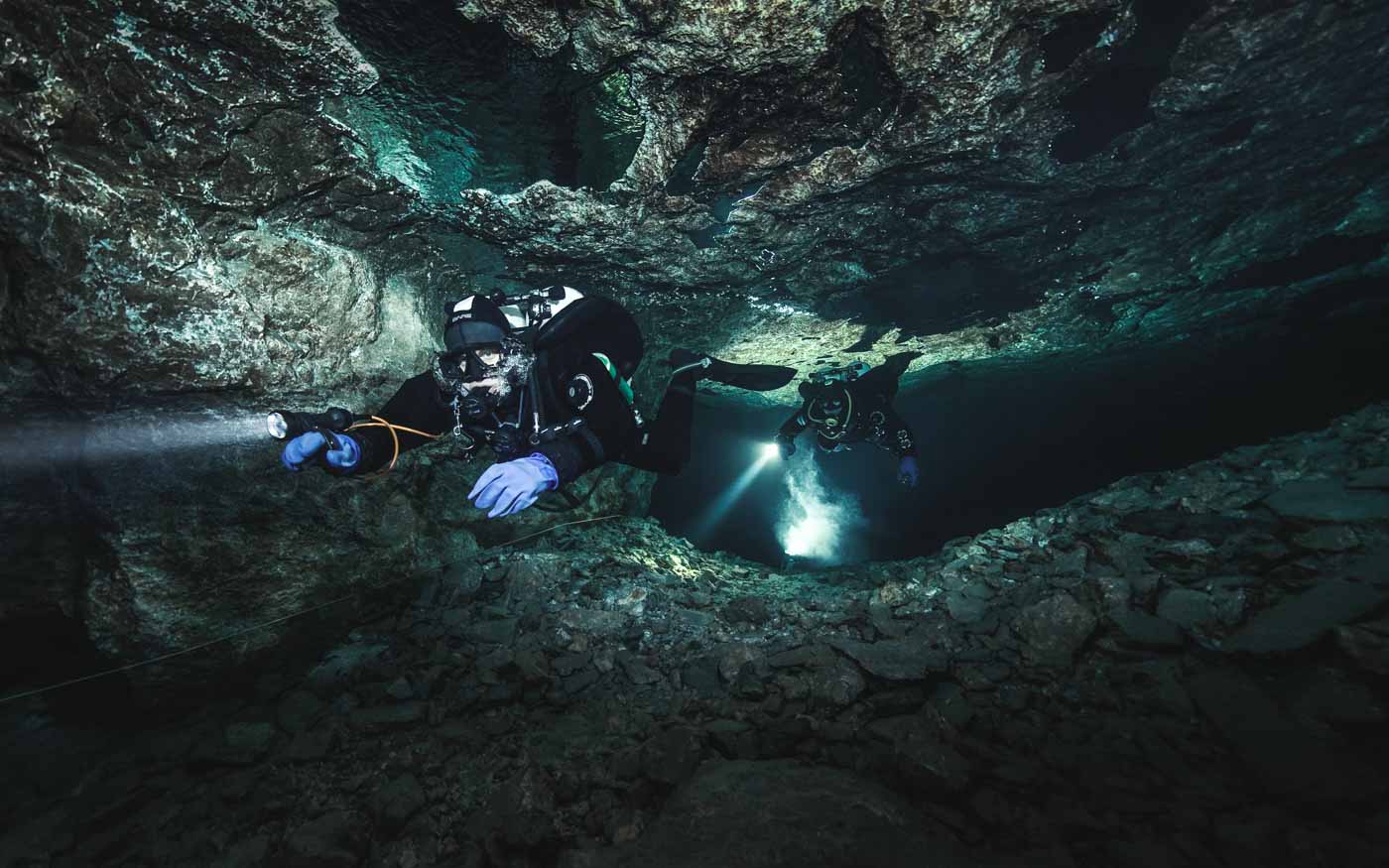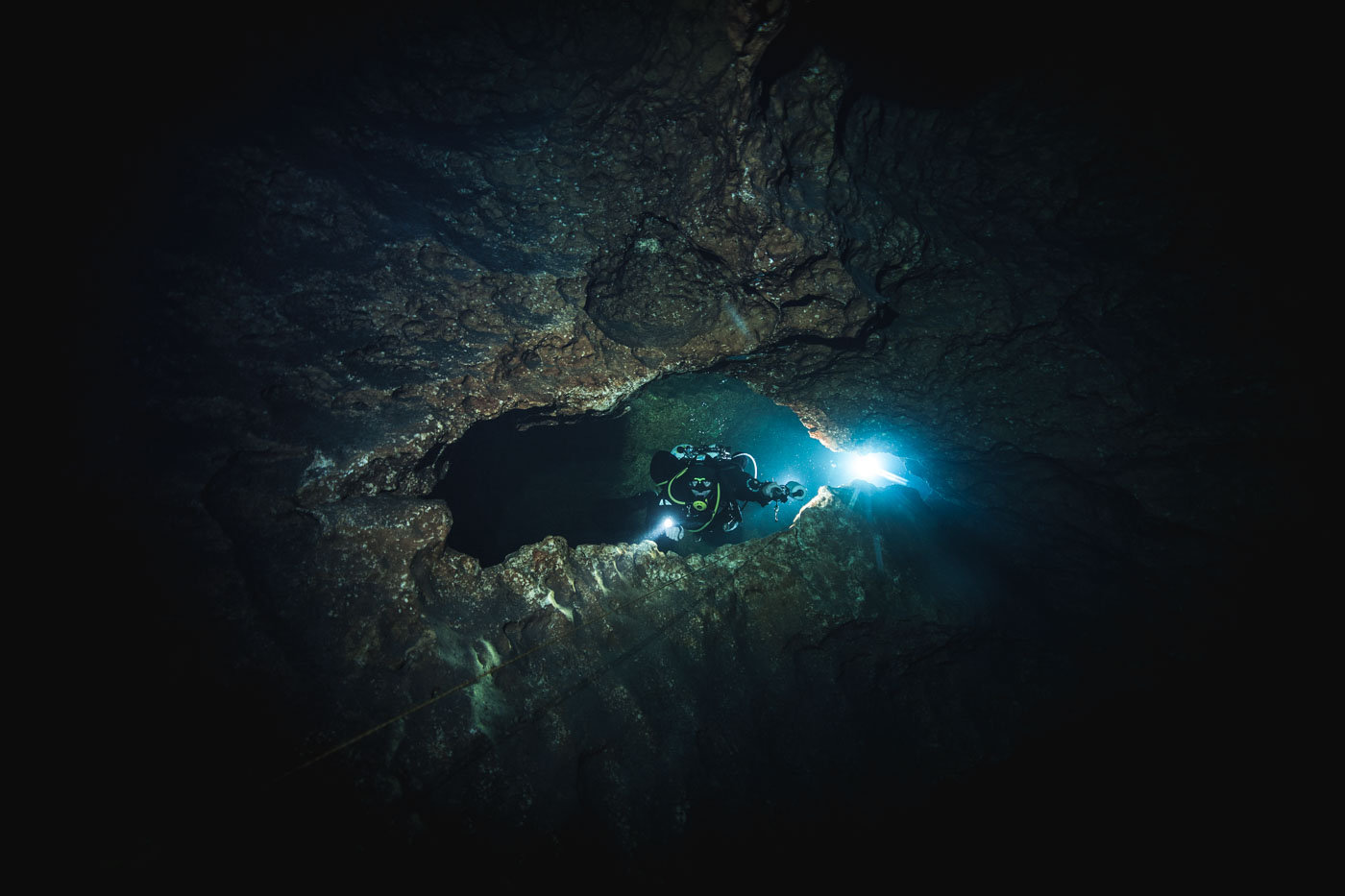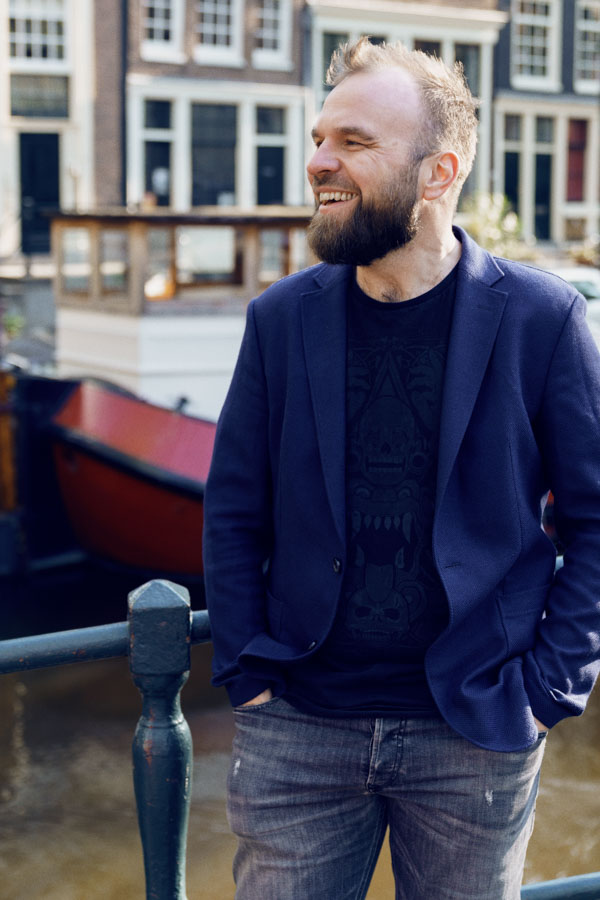The corona virus is now a fact of life, affecting every single layer of society around the world. How do we adapt to the new normal and keep life and business moving forward, and be prepared for it the next time?
Regaining control
Cave diving is mostly a harmless and rewarding pastime, but the unfortunate incapacity of humans to breathe underwater or travel through solid objects emphasises the seriousness of any anomaly during a dive. Hence cave diving training focuses heavily on panic management and fast rational decision making under pressure. The mantra of dealing with any crisis in an underwater overhead environment is “stop, breathe, think, act”. It is a simple and effective method to operating in any sudden hostile environment, such as the one we are currently in.
As our world is changing and we face uncertain and possibly frightening futures, it is easy to get lost in the barrage of news, statistics, government scenarios and other distractions. Most of us have very little control over any of those matters, which can lead to a feeling of powerlessness and eventually incapacity. But ignoring the chaos for the most part, and focusing on what can and should be controlled usually has a calming effect and brings clarity. Accepting the situation, devising a plan and pushing forward should help relieve anxiety and regain control. Even a short list of mundane daily tasks is a good start to make the future seem a little brighter every day.

Boosting morale
The cave diving instructor told me during the very first lesson, that “you dive together but die alone”. It is a rather sobering, and pragmatic, take on prioritising the greater good over an individual. Fortunately I’ve never been in a situation to have to make that call, but the cognisance of the stakes is a great reminder to keep up to date with the mental state of team members. People react differently to stress and some tend to play things off, even though they might be extremely anxious under a calm surface.
As most of us are probably working from home, the routines and bonds of work are fragile. Being in touch with your team, providing solid leadership and reassuring employees will help the work community cope. Even calling colleagues, friends and family just to ask how they are doing, goes a long way. People find comfort in knowing that they’re not alone and that they are dear to someone during all this.
Staying strong
According to statistics, people seem to be convinced that a key ingredient to surviving crises is alcohol. It does seem like a good short term solution, but on the long run physical exercise yields better results both for mental health and physical appearance; both of which are of importance when eventually showing up back at the office.
Working out also helps create structure to the work day, as working from home can be a bit of a mixed bag in terms of productivity and time management. An early morning walk or run is a good way to clear the cobwebs and expel cabin fever.

Next time it will be different
The fact is that this will eventually pass, just as all storms eventually die down. On the other hand this will unfortunately happen again. It may be that governments will be better prepared next time, with effective counter measures ready to deploy, but that remains to be seen. If history has taught us anything, people tend to repeat the same mistakes over and over, and the first snow of winter or the annual flu epidemic always seem to catch us by surprise.
Influencing governments is a rather tedious and uncertain method of future-proofing business, so it would seem wiser to learn from this experience, and be prepared for it next time on a personal and business level. The question is not primarily how to adapt, but how to adapt quickly and efficiently with minimal disruption to operations and morale.
To wrap things up, I’ll quote one of the most incredible leaders to ever live. A man who led his team through peril and misfortune, in the harshest environment on Earth without losing a single crew member. A true master of adaptation, perseverance and compassion, who triumphed against all odds during the Imperial Trans-Antarctic expedition of 1914–1917.
“If I had not some strength of will I would make a first class drunkard.”
-ERNEST SHACKLETON

About the author


